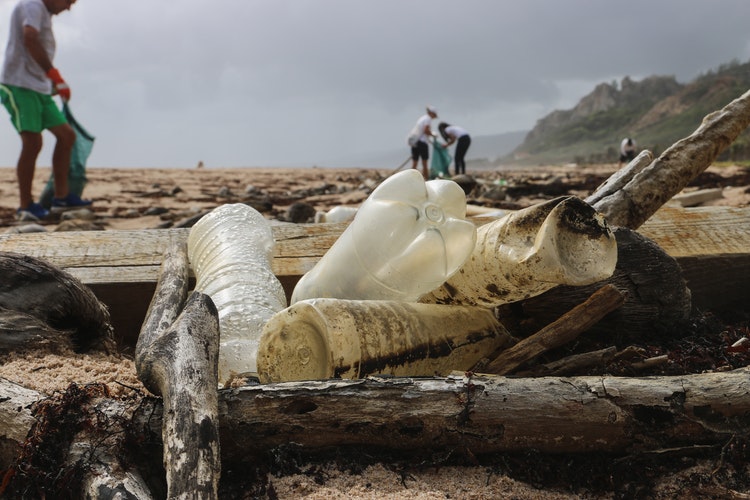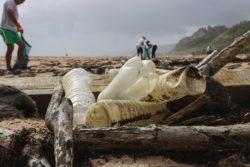
How You Can Help Prevent Marine Debris
When you drink coffee from a styrofoam cup or sip your favorite soda through a plastic straw, you might not be thinking of where these products end up after you’re done using them. Unfortunately, many of the disposable items we use in our daily lives find their way to the ocean and become marine debris. This has become a huge problem for our planet; it is estimated that 14 billion pounds of garbage enter our ocean every year – and most of it is plastic. The ocean belongs to all of us, so we all have a responsibility to protect our ocean from these harmful pollutants. It is important that everyone do their part to reduce our personal marine debris footprint. Luckily, there are so many simple changes we can make to lessen your impact on the ocean. We’ve thought of some ideas to help you get started.
If stopping for coffee or tea is a part of your morning routine, bring a reusable cup with you! Many coffee shops even offer discounts if you bring your own mug. It’s also a good idea to leave a mug and a glass at work so you can enjoy hot or cold beverages throughout the day. 
Every year, we dispose of 25 million styrofoam coffee cups, many of which end up in the ocean. Styrofoam contains harmful chemicals and is not biodegradable, which means it poses a health risk to sea creatures. In fact, styrofoam kills nearly one million sea creatures every year.
Estimates from the World Economic Forum state that there might be more plastic than fish in the ocean by 2050. Reducing consumption of single-use plastic items can help to prevent this disaster. Invest in a reusable water bottle instead of buying plastic bottles – this keeps pollution out of the ocean and will save you money in the long run. It’s also important to bring a reusable shopping bag with you, not only when picking up groceries, but whenever you shop; this will reduce your use of paper and plastic bags. And don’t forget to say no to plastic straws! Try using paper or aluminum straws instead.
It’s also helpful to avoid purchasing items that use excessive packaging, which is often designed to be used only once before being discarded. Make an effort to buy fresh and local from bulk bins, and steer clear of individually wrapped items as much as possible. Reducing excess packaging and plastics reduces marine debris.
Participating in beach cleanups helps keep our beaches in good condition so everyone can enjoy them. Organized events, such as the annual Washington CoastSavers cleanups that take place in and around Olympic Coast National Marine Sanctuary, are great ways to get involved. But you don’t have to wait for a scheduled beach cleanup event; try getting some friends and family members together to help out on a day that works for you. Remember, every piece of debris removed from the beach can make a difference and even save an animal’s life!
When it comes to the health of our ocean, everyone has the ability to make an impact. It’s up to you to make your impact a positive one! Small changes add up over time, and transforming the way you consume single-use products can make a big difference for our blue planet.
